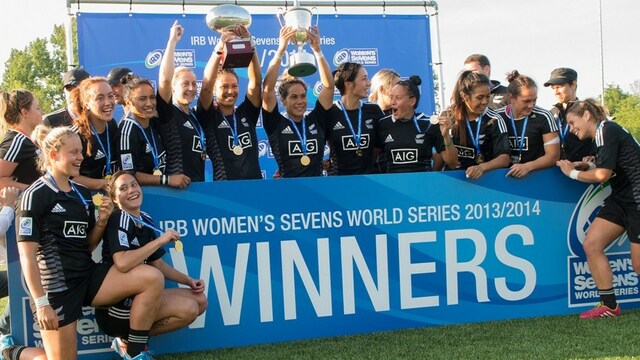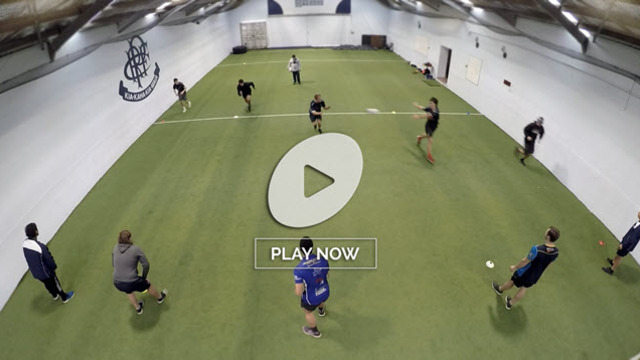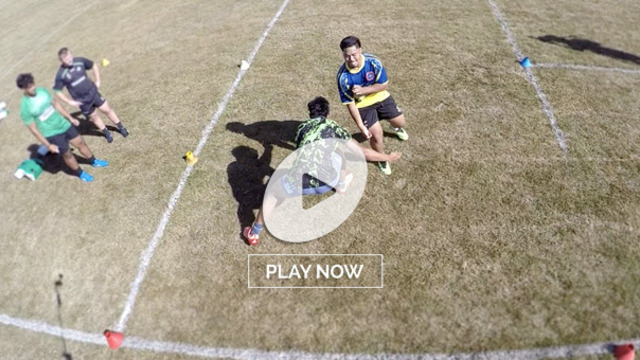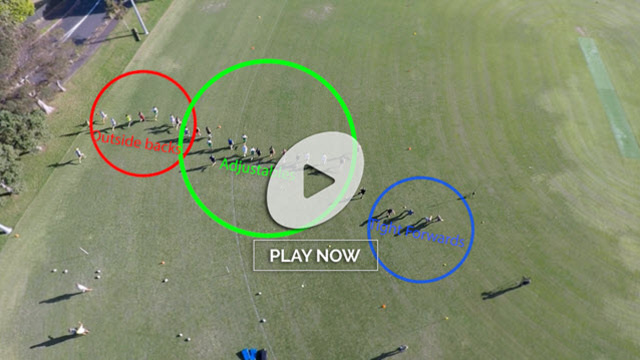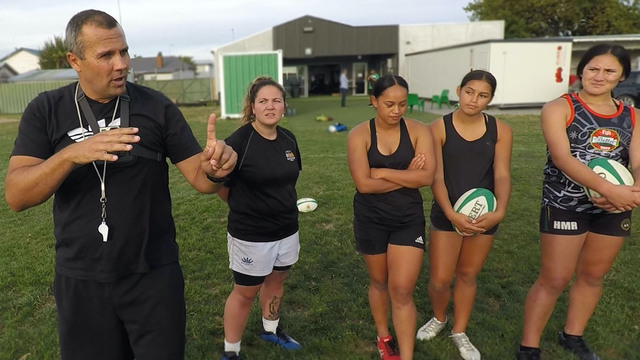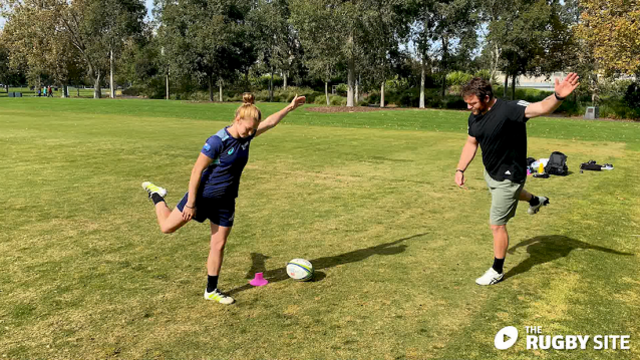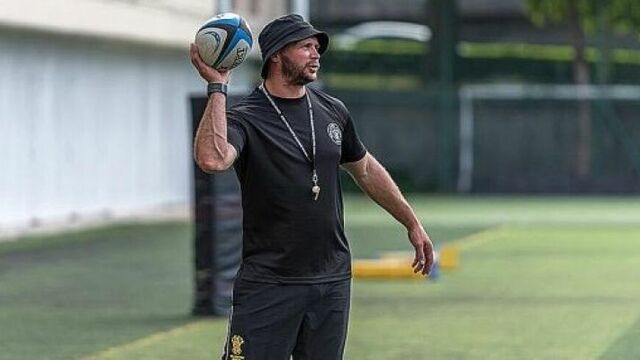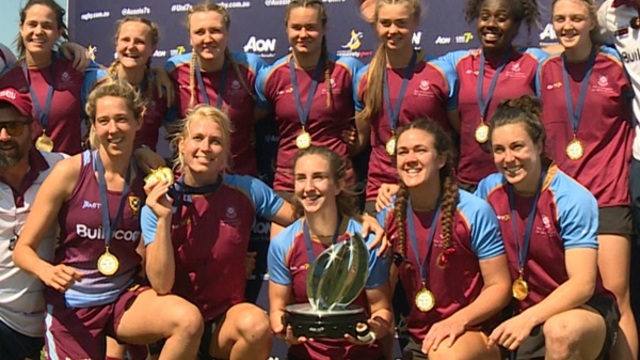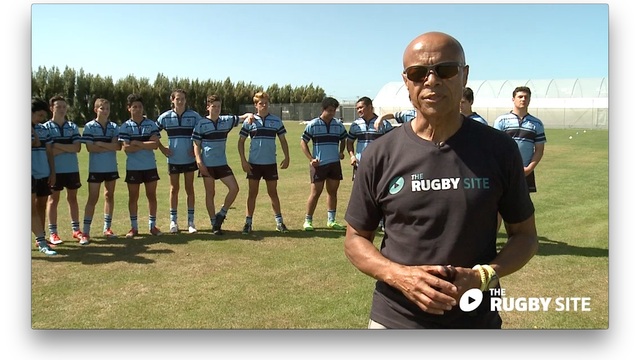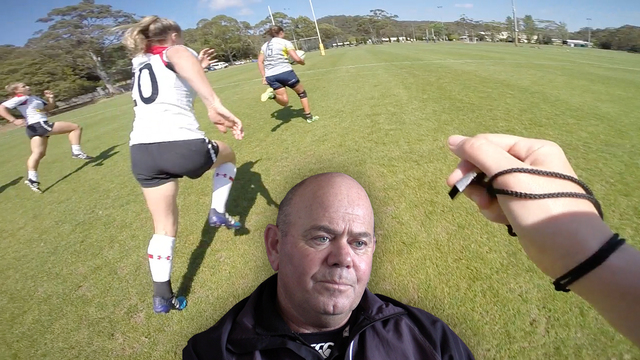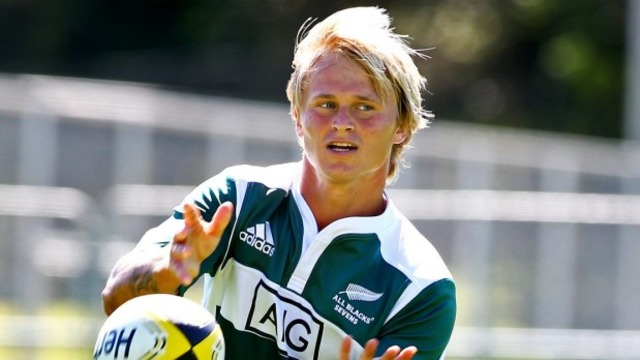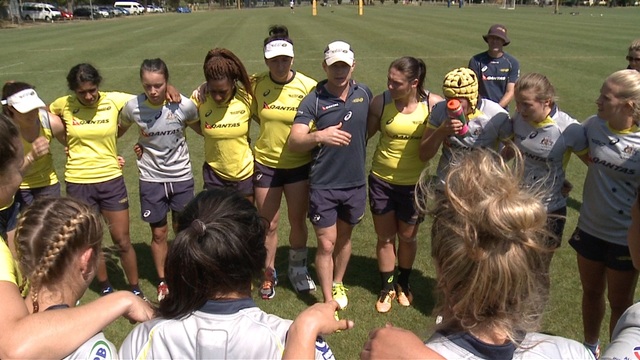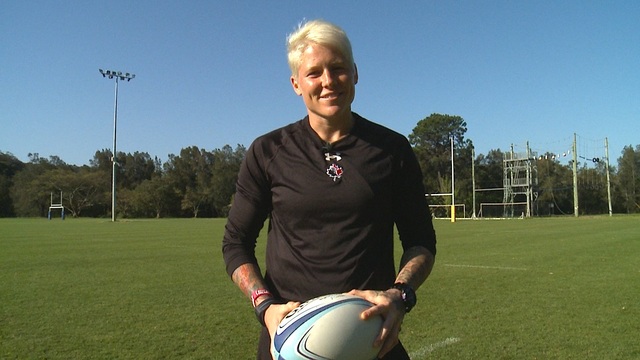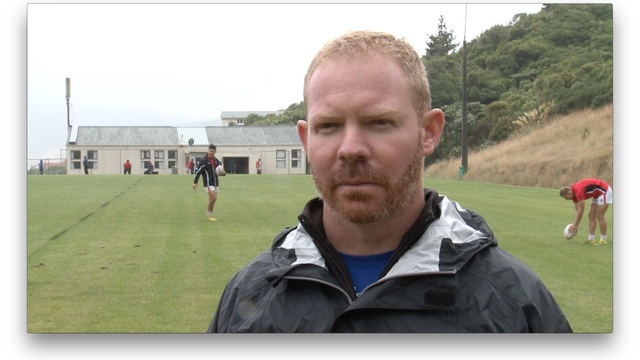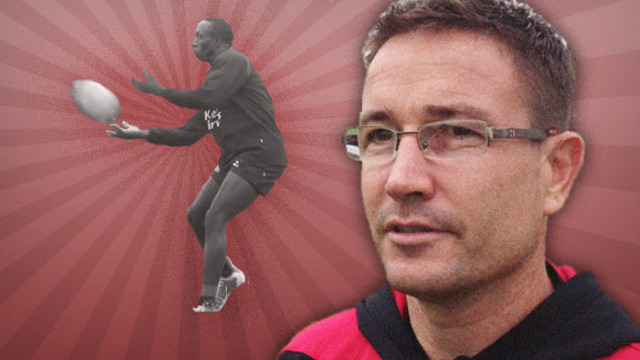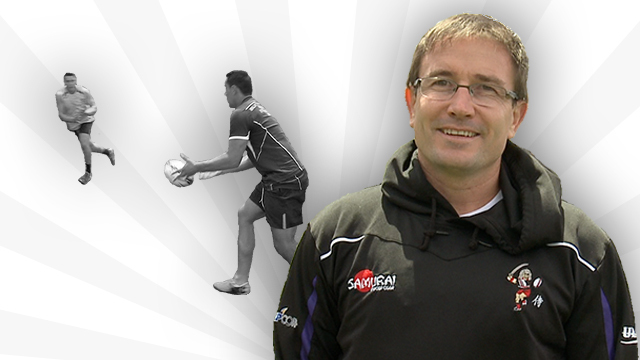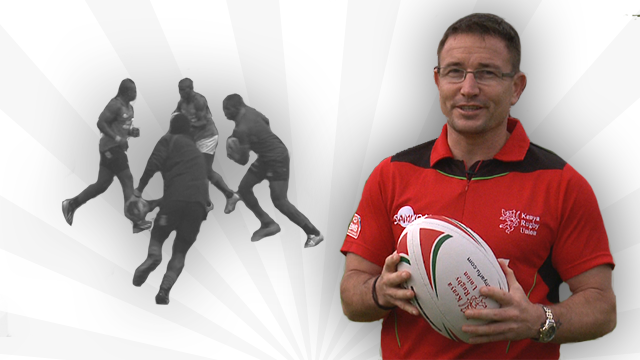The latest IRB Women’s Sevens World Series concluded last weekend with New Zealand retaining their title with a convincing 29-12 victory over Tasman rivals Australia in the final of the season-ending Amsterdam Sevens.
The Series continues to provide an amazing opportunity for players and countries to develop rapidly ahead of the Rio Olympics. With each tournament, teams are changing their tactics, new talent is being unearthed and countries outside of the top two are showing the kind of potential that could see them in the hunt for medals come the summer of 2016. It all adds up to fascinating viewing for any rugby fan.
There is now a constant stream of Olympic funding going into the sport with many core countries in the Series offering part-time or full-time contracts to the players. Australia are the best example of how a team can benefit from a full-time playing squad. They finished fifth in the 2012/13 Series but they won the opening tournament of this season in Dubai and went on to compete against New Zealand in all but one of the following four tournaments – winning once again in Brazil in February.
Australia’s Emilee Cherry, the 2013/14 IRB Women’s Sevens Player of the Year and top points scorer in the Series, attributes her and her team’s success to their fitness. “I put it down to the hard pre-season we had,” she said, “we’ve really picked up our conditioning which has helped to get our consistency on the field.” She also hailed the team culture they have been able to develop, “We love throwing the ball around and working for each other.” Many of their players have given up jobs and moved to a central training base in Sydney, which has clearly allowed those two aspects to develop.
Whilst some in the game are worried about the possible detrimental effect the emphasis on 7s could have on the 15s game for those counties that don’t have the funds and talent pool to sustain both forms of the game, however it is largely seen as a positive with that funding boosting Women’s rugby and for the first time allowing players to turn professional.
Learn the game with our sevens video courses
The Series and the lure of the Olympics is also helping draw world class athletes to rugby from other sports. New Zealand have implemented a ‘Go for Gold’ talent search programme which has already successfully brought former netball players Portia Woodman and Kayla McCalister into the sport and both are now top players in the Series. Woodman said of her switch to the sport, “The opportunity to be on that world stage of the Olympics is amazing, I wouldn’t give up this opportunity ever”.
So what makes each the WSWS so exciting to watch? One factor is the emergence of natural talent, players like Gayle Broughton, the 17-year-old from New Zealand who ran around more experienced players in Atlanta, and Brazil’s Edna Santini, who despite her diminutive size is a strong and deft runner against any opposition
Secondly, whilst Australia and New Zealand have been in a class of their own this season, there are teams rapidly developing behind them who could challenge for the medals in 2016. England pushed New Zealand very close in the semi-final of the Amsterdam Sevens, showing they are hot on the heels of the top two teams. If England, and indeed Team GB if they qualify for Rio, get the backing from their governing body and create the set up to find talent across the whole of the United Kingdom they could well be up there competing with Australia and New Zealand.
Canada also have shown their class in reaching the final in the USA leg of the Series and have a truly world class player in Jen Kish. The Canadians are being supported well in their country and have talent coming through the ranks, come 2016 they are sure to be in the hunt for medals.
Outside of the top 4 countries, the surprise package of the season was Fiji who, like their male counterparts, showed their natural ability for Sevens in reaching the semi-finals in China – their first outing in the Series. Then you can never discount the likes of Russia, China, Japan and Brazil where they have the talent and the resources to conjure a surprise or two.
The next two seasons will be fantastic to watch as the players and teams progress. The Women’s Sevens features world class players who are out there gaining experience and learning the sport. There is a bright future for the game and if the IRB and governing bodies back the sport it has the potential to be a huge success at Rio 2016.
What do you think of 7s inclusion in the Olympics and the opportunities it is bringing to the game?
